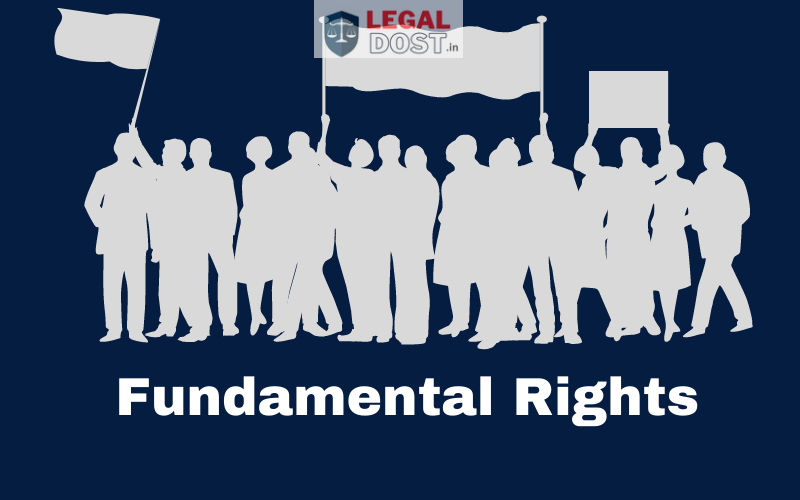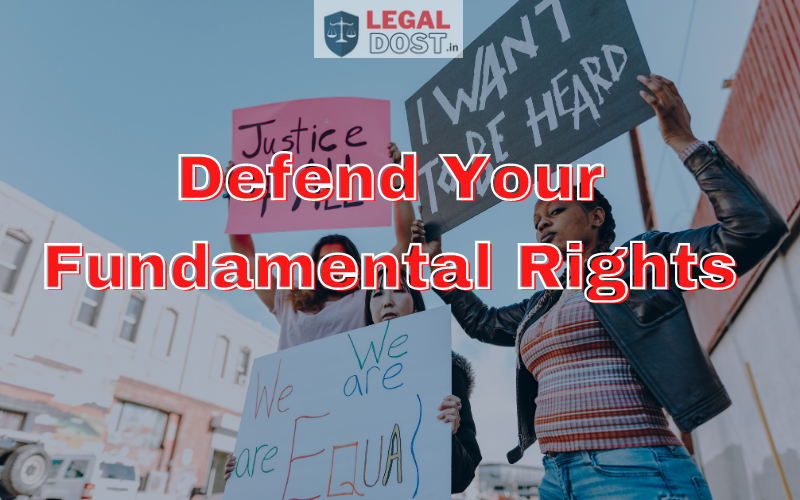The Constitution of India guarantees a wide range of fundamental rights to its citizens, which are intended to protect their individual liberty and ensure their well-being. These rights are an essential part of the Constitution and are enforceable by the courts. It is the duty of the state to protect and preserve these rights, and to ensure that they are not infringed upon by any individual or authority.
The fundamental rights are contained in Part III of the Constitution, which consists of articles 12 to 35. Each of these articles deals with a specific fundamental right and contains several sub-sections and clauses that provide more detailed information about the scope and content of that right. For example, Article 14, which deals with the right to equality, contains several sub-sections and clauses that provide more detailed information about the different types of equality that are guaranteed by the Constitution, such as equality before the law, equality of opportunity, and prohibition of discrimination on certain grounds.
The Fundamental Rights guaranteed by the Indian Constitution are:
- Right to equality: This includes equality before the law, prohibition of discrimination on grounds of religion, race, caste, gender, and place of birth, and equality of opportunity in matters of employment.
- Right to freedom: This includes freedom of speech and expression, assembly, association, movement, residence, and the right to practice any profession or occupation.
- Right against exploitation: This prohibits all forms of forced labor, child labor, and traffic in human beings.
- Right to freedom of religion: This includes the freedom to profess, practice, and propagate religion.
- Cultural and educational rights: This includes the right to preserve and promote one’s own culture, language, and script, as well as the right to education.
- Right to constitutional remedies: This allows individuals to move the courts for the enforcement of their fundamental rights.
- Right to privacy: This right was recognized as a fundamental right by the Supreme Court of India in 2017. It includes the right to be protected against unlawful searches and seizures, as well as the right to confidentiality of communication.
- Right to education: This right guarantees free and compulsory education to all children in the age group of 6-14 years. It also allows for the establishment and maintenance of educational institutions by the state.
- Right to health: This right guarantees the right to health and medical care as a part of the right to life.
- Right to food: This right guarantees the right to adequate food and nutrition to all citizens, and directs the state to take necessary steps to ensure the availability of food to all.
- Right to shelter: This right guarantees the right to decent housing and accommodation to all citizens, and directs the state to take necessary steps to ensure the availability of housing to all.
- Right to work: This right guarantees the right to work, and directs the state to take necessary steps to ensure the availability of work to all.
- Right to social security: This right guarantees the right to social security to all citizens, and directs the state to take necessary steps to ensure the availability of social security to all.
- Right to information: This right guarantees the right to freedom of information, and directs the state to make all information available to the public unless it affects national security or public order.
- Right to environment: This right guarantees the right to a clean and healthy environment, and directs the state to take necessary steps to protect and improve the natural environment.
- Right to constitutional remedies: This right allows individuals to move the courts for the enforcement of their fundamental rights.
- Right to speedy trial: This right guarantees the right to a speedy and fair trial, and directs the state to ensure that justice is delivered without undue delay.
- Right to bail: This right guarantees the right to bail, and directs the state to ensure that no person is denied bail without a fair hearing.
- Right to fair compensation: This right guarantees the right to fair compensation for any loss or damage caused by the state or its agencies.
- Right to protection against arrest and detention: This right guarantees the right to protection against arrest and detention, and directs the state to ensure that no person is arrested or detained without due process of law.
- Right to freedom from torture: This right prohibits the use of torture or cruel, inhuman, or degrading treatment or punishment by the state or its agencies.
- Right to freedom from slavery: This right prohibits slavery and forced labor in any form.
- Right to freedom of conscience: This right guarantees the freedom of conscience and the right to freely profess, practice, and propagate religion.
- Right to freedom of speech and expression: This right guarantees the freedom of speech and expression, and the right to freely express one’s thoughts and ideas through any medium.
- Right to freedom of assembly: This right guarantees the right to freedom of assembly, and the right to form associations or unions.
- Right to freedom of association: This right guarantees the right to freedom of association, and the right to join or form associations or unions.
- Right to freedom of movement: This right guarantees the right to freedom of movement within the country, and the right to reside and settle in any part of the country.
- Right to freedom of residence: This right guarantees the right to freedom of residence, and the right to reside and settle in any part of the country.
It is essential for citizens to be aware of the fundamental rights guaranteed to them by the Indian Constitution. These rights are essential for protecting citizens from any violation or exploitation. We must ensure that these rights are protected and respected, and that all citizens are free to exercise their fundamental rights without fear of retribution or discrimination.
The fundamental rights guaranteed to citizens by the Indian Constitution are integral to the functioning of a healthy and vibrant democracy. We must do our part to ensure that these rights remain protected and respected, and that all citizens can exercise their fundamental rights without fear of retribution or discrimination.
Therefore, let us all take the responsibility to protect and promote the fundamental rights granted to us by the Indian Constitution, and ensure that all citizens have the freedom to live with dignity and respect.
Bibhu Mishra is a prolific writer who has published many books spanning various genres. He is a legal enthusiast and an avid researcher of cutting-edge technology, diving into fascinating realms to bring captivating narratives to life.



